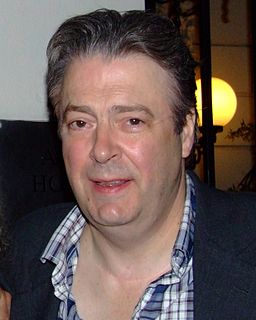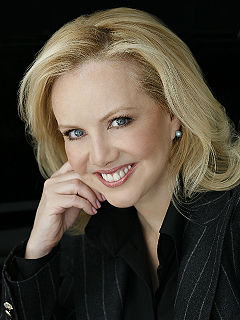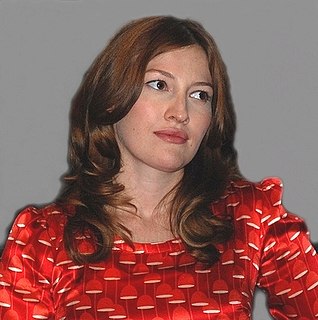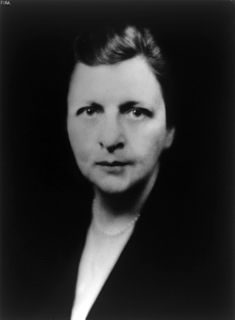A Quote by Denis Lawson
My parents came out of Glasgow during the Depression and both - particularly my father - had very tough childhoods. They fought their way out of it.
Related Quotes
I learned a lot about my parents, who were both teachers. I had known that my parents were very strongly in favor of education. I had known that they had an impact on a lot of people, but people came out of the woodwork who have said, "You know, without your father, I would never have gone to college," very successful people. And so I learned how widespread their educational evangelism really was.
My parents, like others of "The Greatest Generation" who lived through the Great Depression and World War II, wanted to provide the best possible life for their children. My mother and father both attended college but dropped out to earn a living during the Depression, working the rest of their lives at blue-collar work.
'Tough' meant it was an uncompromising image, something that came from your gut, out of instinct, raw, of the moment, something that couldn't be described in any other way. So it was tough. Tough to like, tough to see, tough to make, tough to understand. The tougher they were the more beautiful they became.
I was born in Edinburgh, in Scotland, a few days after the end of the Second World War. Both my parents had left school at a very young age, unwillingly in my father's case. Yet both had deep effects on my education, my father influencing me toward measurement and mathematics, and my mother toward writing and history.
My father came from Germany. My mom came from Venezuela. My father's culturally German, but his father was Japanese. I was raised in New York and spent two years in Rio. My parents met at the University of Southern Mississippi, and they had me there, and then we moved to New York. I'm not very familiar with Mississippi.




































